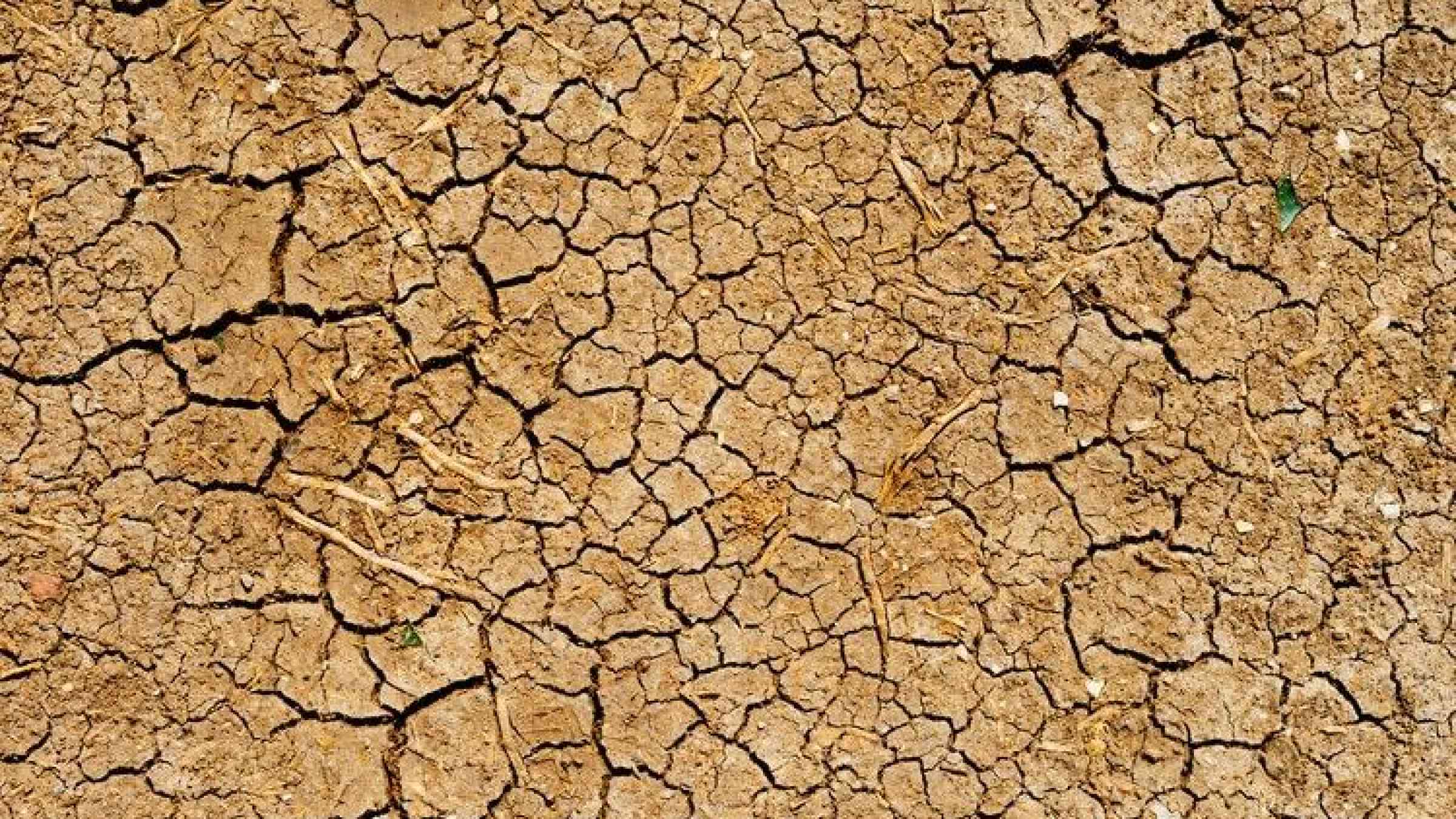Please help us improve PreventionWeb by taking this brief survey. Your input will allow us to better serve the needs of the DRR community.
Venezuela: Drought, mismanagement and political instability

By Lieutenant Commander Oliver-Leighton Barrett, US Navy (Retired)
Most of the story-lines driving the international community’s understanding of the Venezuelan crisis center on the Maduro regime’s gross mismanagement of the economy, and its clean break from democratic laws and tradition. That’s understandable, not least as the most “proximate” causes of the current political turmoil in the country seem to be clearly related to those factors. However, there are some background factors that have gone less noticed. The Venezuelan government’s inability to manage its strained water resources in the face of a drought that the nation’s meteorologists characterized as “the worst in at least 40 years,” for example, is a largely unwritten part of the story that deserves to be aired.
Plenty of oil, not enough water
Venezuela’s ongoing water shortage (and the energy crisis that it spawned in the hydroelectricity-dependent nation) has not received attention proportionate to its contribution to one of the worst disasters the Hemisphere has witnessed in recent memory. According to Venezuela’s Ministry of Electricity, between 2013 and 2016 Venezuela’s rainfall measured 50 percent to 65 percent lower than normal. This rainfall deficit left the country dry and dramatically reduced Venezuela’s capacity to generate electricity via its hydroelectric power generators.
The shortage of reservoir stores led to the government imposing rolling blackouts and water rationing in 2016, compounding the stress already felt by the majority of Venezuelans due to the economic contraction and its attendant food crisis. According to Circle of Blue, the outages affected “every industry and are a factor in the country’s slipping economy, soaring inflation, and food and supply shortages.” By April of 2016, Venezuela had instituted electricity conservation measures to include slashing the work week to two days in some states, closing schools on Fridays, and curtailing power transmission to manufacturers. In the spring of the same year, in the capital city Caracas (and other major cities), rationing lasted five months when a drought hit the Guri dam (around 60-70 percent of the country’s energy needs are met by the Guri power plant).
The protracted dry spell darkened every corner of national life at a time when many Venezuelans had already started to feel the acute impacts (including malnutrition) of intensifying food insecurity.
An under-performing agriculture sector, featuring a 60 percent decline in the domestic production of rice, corn and coffee since 2007, already had the nation of 32 million teetering on disaster in 2013 when drought effects started to be felt.
The country’s livestock industry was not spared, as according to Vicente Carrillo (the former president of Venezuela’s cattle ranchers’ association), the overall size of the country’s herd dropped from 13 million to about 8 million. A major factor in this significant reduction in herd sizes and animal weights is the fact that farmers were unable to purchase sufficient “feed, fertilizer and spare parts” with the nation’s perennially devaluating currency, the Bolivar.
What or whom is to blame?
Maduro continues to blame the collapsed economy on several factors, most notably: depressed global oil prices (well above $100 a barrel in 2014 to just over $54 today); Mother Nature for visiting a relentless drought on the country; and an economic war waged by his nemesis, the United States.
His political opponents, as well as many objective measures, blame two decades worth of farm nationalizations, currency manipulations and a government takeover of food distribution as a few of the most obvious causes for the ongoing humanitarian crisis, which currently includes a mass migration of over three million citizens — one of the largest mass migrations in Latin American history. The charges of water and energy mismanagement are consistent with what is already widely reported about the government’s mishandling of the nation’s vital oil sector (95% of Venezuela exports are crude/petroleum related). As household pipes ran dry, Venezuelans didn’t blame climate change, they blamed — reasonably — the man many have taken to calling the “Usurper,” Nicolas Maduro. While a drought placed pressure on the country, it was the Maduro government’s approach to handling it, and many other social, political and economic ills, that have driven so many Venezuelan citizens to call for change.
A regional trend
Though much more research needs to be done to estimate how much of this humanitarian crisis has been exacerbated by the drought, what is obvious is that Venezuela’s government’s poor decision-making prior to, and in response to, water scarcity contributed significantly to millions of Venezuelans leaving their homeland in search of better lives in neighboring states. The drought served as a multiplier of water, food and energy scarcities, aggravating preexisting weaknesses and vulnerabilities. The Maduro government was both unable to lessen those risks, and to do so in democratically-legitimate way.
A similar dynamic played out in Venezuela’s southern neighbor, Brazil, in 2014-2015 when a prolonged drought affected 140 cities and municipalities (to include it’s most populous city, Sao Paulo) instigating an energy crisis. Water rationing and rolling blackouts compounded dissatisfaction with the country’s first woman President, Dilma Rouseff, and likely contributed to her ouster via impeachment in 2015.
If the Maduro government falls, which is very likely, the drought would not be the primary, or “proximate,” reason for regime change. However, it would be fair to say that the government’s mismanagement of a serious drought would have played a role in its demise.
Explore further
Please note: Content is displayed as last posted by a PreventionWeb community member or editor. The views expressed therein are not necessarily those of UNDRR, PreventionWeb, or its sponsors. See our terms of use
Is this page useful?
Yes No Report an issue on this pageThank you. If you have 2 minutes, we would benefit from additional feedback (link opens in a new window).